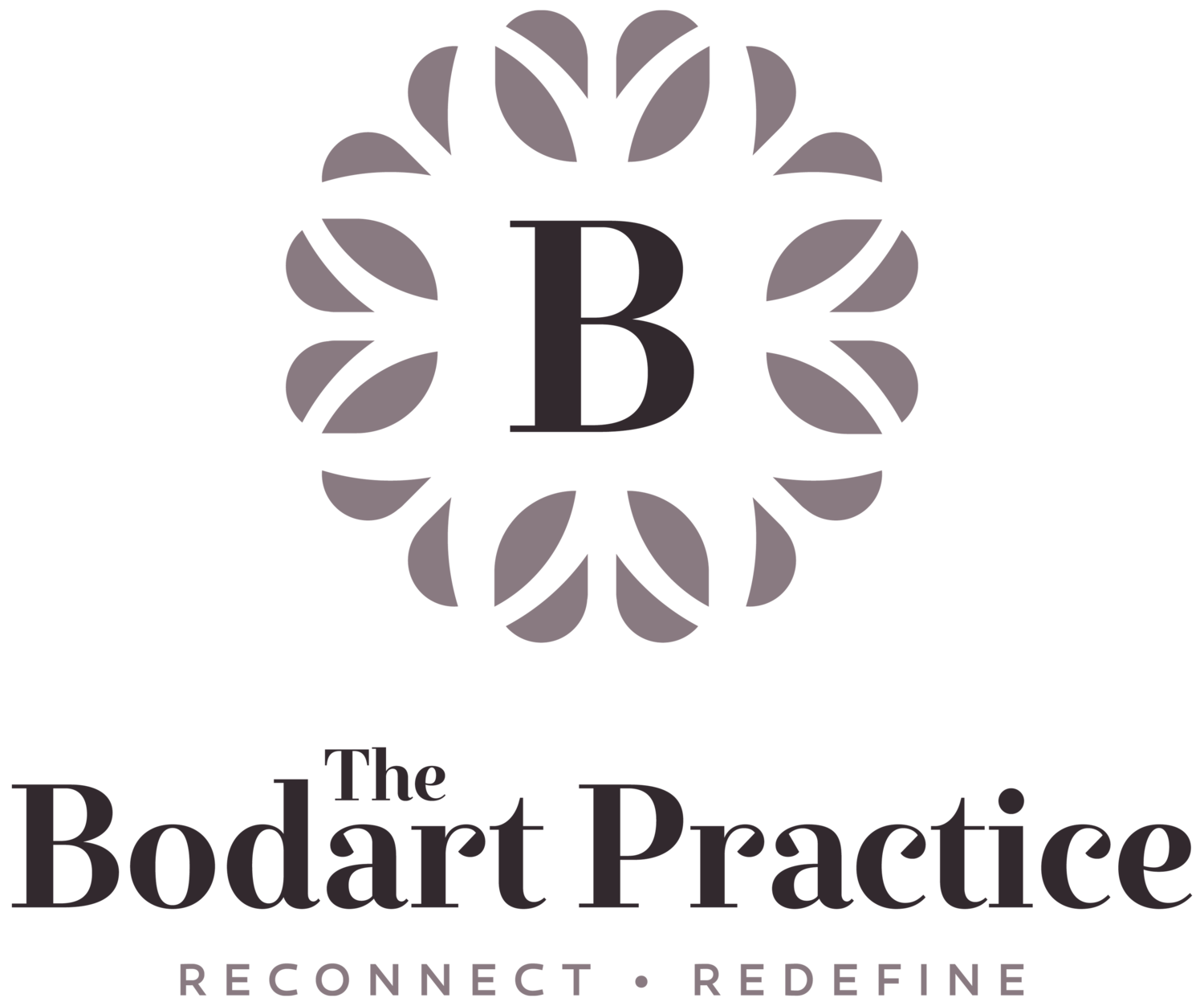individual therapy
Are you ready to take the next step on your journey?
A step into the unknown with a stranger. Pretty scary, right? I get it. Well done for being brave enough to ask for help.
Cognitive - Behavioural Therapies
CBT has been found to successfully help many people with a wide range of mental health difficulties and is commonly recommended by the National Institute of Clinical Excellence. It is a time-limited, present-focused and goal oriented therapy. It is collaborative and skill focused.
CBT is based on the premise that difficulties do not necessarily arise from life events but our interpretations and perceptions of these which are informed by past experiences. These perceptions in turn influence the way we feel, our physical well-being and ultimately our behaviours.
Using CBT our aim will be to reach a shared understanding of the problem(s) and set measurable goals. We will work on identifying and breaking 'vicious cycles' and experiment with healthy alternatives.
You can read more about CBT here.
Since it's emergence in the 1960's CBT has been developed in clinical practice and research. There are now complementary 'third wave' CBT approaches such as Acceptance and Commitment Therapy, Mindfulness Based Cognitive Therapy, and Compassionate Mind Therapy that expand upon the original ideas of CBT. It is my practice to make use of and draw on these approaches where appropriate, helpful, and clinically indicated.
EMDR (Eye Movement Desensitisation & Reprocessing)
EMDR uses eye movements to help individuals who have experienced adverse life experiences and trauma. Initially EMDR was developed and shown as an effective treatment for trauma but there have been some exciting developments indicating that effective outcomes can also be achieved for other mental health difficulties such as depression and anxiety disorders.
EMDR is based on the theory that bilateral stimulation of the brain can facilitate processing of traumatic experiences and memories. You can read more about it here.
Longer Term Therapies
Some clients come to therapy with less of a specific problem and goal in mind and may rather wish to explore areas of their lives which may be causing distress or dissatisfaction. Some clients may have found that structured time-limited therapies have not been helpful or sufficient to fully address the issues they are facing. Other clients may need longer to develop a trusting working relationship in therapy. For such clients, I may recommend a longer term approach in which we can more fully explore and understand what may be going on in order to gain further insight into helpful ways forward.
In this case, we will discuss what therapy will look like and the approaches I may draw upon. While I do not practice pure psychodynamic psychotherapy, it guides and informs my work particularly for clients who engage in longer term therapy. I also draw upon ideas and techniques in Schema Therapy.

